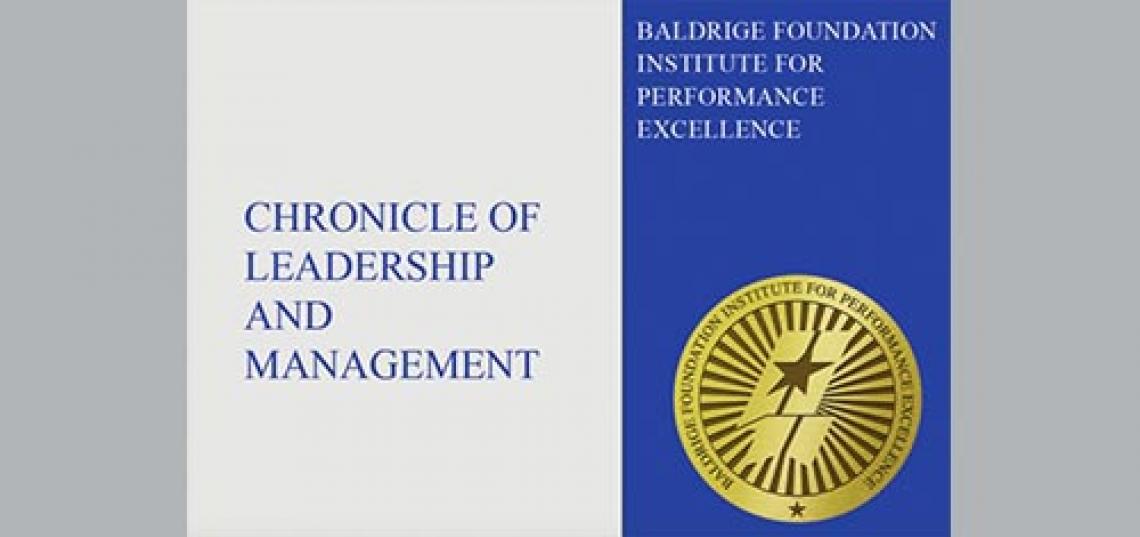
U.S. institutions of higher education seeking to recover from the COVID-19 pandemic will benefit by using the newly published “Excellence in Higher Education-Renewal (EHE-R) Framework.”
Written by Distinguished Professor of Communication Brent Ruben with input from colleagues at Rutgers, the EHE-Renewal Framework is designed to assist U.S. colleges and institutions as they “confront disruptive challenges to their core purposes, operational practices, and long-term stability in the wake of the existential crisis brought about by the COVID-19 pandemic,” Ruben said.
EHE-R “identifies critical issues for leaders at all levels of their organizations as they guide and support the community through the process of review and renewal.”
The EHE-Renewal Framework is a revised version of the “The Excellence in Higher Education (EHE) Framework,” which is itself a version of the original Malcolm Baldrige Excellence Framework designed for use by educational institutions.
The new EHE-R Framework is discussed in the refereed article by Ruben, “Contemporary Challenges Confronting Colleges and Universities: The Baldrige and Excellence in Higher Education Approach to Institutional Renewal,” recently published in the inaugural edition of the journal “The Chronicle of Leadership and Management,” which was created to focus specifically on the Malcolm Baldrige organizational performance framework and its national and international impact. A complete copy of the EHE-R framework is available at no charge from Stylus Books.
Named after a former U.S. Secretary of Commerce, The Baldrige program is considered to be the international standard and guide for organizational assessment and improvement, Ruben said.
Ruben led the team at the Rutgers Center for Organizational Leadership in the development and implementation of the original EHE Framework, which was published by Stylus Books in 2016. Ruben said the original EHE model has been used in various ways at approximately 65 academic and administrative units at Rutgers, and a similar number of colleges and universities around the U.S. and internationally.
EHE-R, Ruben wrote in the paper, is a “framework designed to assist college and university leaders in the systematic process of conceptualizing, reimagining, and implementing elements of the path forward to a ‘new normal.’”
The EHE-R framework addresses challenges most U.S. colleges and universities are currently facing, which include, Ruben wrote, “issues related to mission and vision, changing priorities, modifications in programs and services, and adjustments in faculty and staff responsibilities in the face of shifting needs among present and potential students and other constituencies in the dramatically transformed environment.”
EHE-R, Ruben wrote in the paper, is a “framework designed to assist college and university leaders in the systematic process of conceptualizing, reimagining, and implementing elements of the path forward to a ‘new normal.’”
EHE-R also “identifies critical issues for leaders at all levels of their organizations as they guide and support the community through the process of review and renewal.”
The paper includes the EHE-R model and related questions higher education leaders, faculty, and staff can use immediately as “a self-assessment and self-reflective activity that provides a foundation for improvement plans” based on the EHE-R’s seven categories and can be used by entire institutions, schools, units, or departments.
In 2018 Ruben was the recipient of the national Baldrige leadership award for education.
Learn more about the Communication Department at the Rutgers School of Communication and Information on the website.
Image: Courtesy of Brent Ruben
